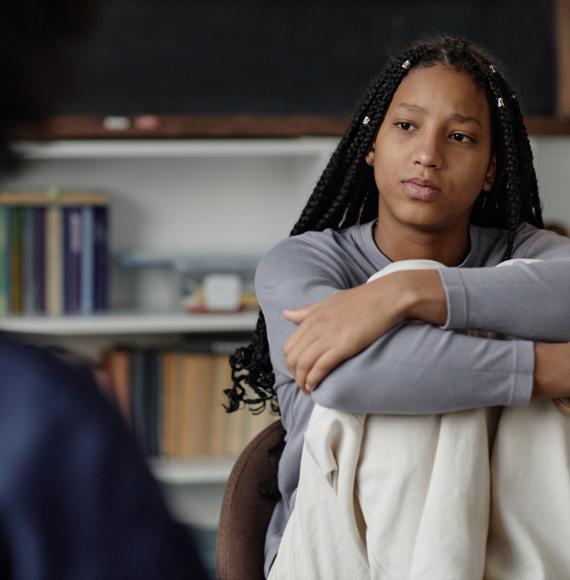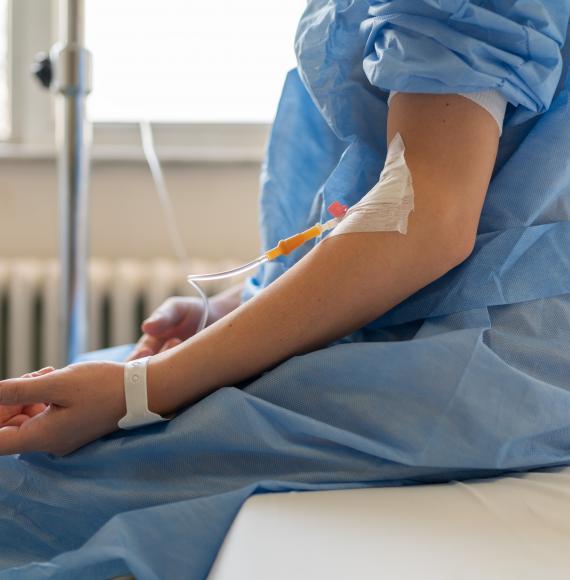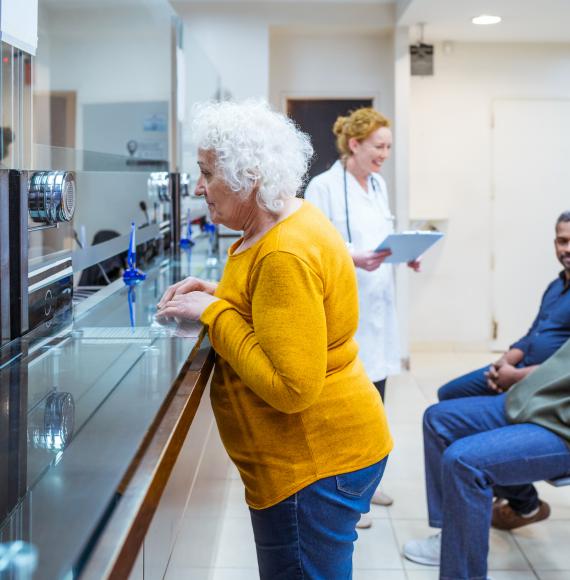Four new research studies have been awarded £18.5m funding by the NIHR and UKRI to better understand and address the longer term effects of Covid-19 on physical and mental health.
The new research projects are aimed at helping to better understand the causes, symptoms and treatment of what is referred to as ‘long Covid’.
Following a UK-wide call to fund ambition and comprehensive research into the causes, mechanisms and management of the longer term symptoms of Covid-19 in people not unwell enough to be admitted to hospital, the four chosen research projects were selected as being able to deliver a much deeper understanding of one of the virus’ significant consequences.
Approximately one in 10 people with Covid-19 continue to experience symptoms and impaired quality of life beyond 12 weeks.
Long Covid can present with clusters of symptoms that are often overlapping and fluctuating.
A systematic review has highlighted 55 different long-term effects, but common symptoms of long Covid include breathlessness, headaches, cough, fatigue, and cognitive impairment or ‘brain fog’.
One of the studies, led by the University of Birmingham, will identify and recruit thousands of non-hospitalised people into a major clinical digital study. These findings will be used to recommend what existing drugs and treatments should be tested in long Covid patients and to develop and test a digital supportive treatment.
Co-Principal Investigator Melanie Calvert, Professor of Outcomes Methodology and NIHR Senior Investigator, added: “Our study aims to reduce their symptom burden and improve quality of life. Ultimately, people want to be able to enjoy life again and spend time with their friends and family.
“Our digital trial platform in primary care will not only facilitate research exploring the underlying cause of long Covid, but also the evaluation and co-production of suitable interventions.”
Chief Medical Officer for England and Head of the NIHR, Professor Chris Whitty added: “Good research is absolutely pivotal in understanding, diagnosing and then treating any illness, to ease symptoms and ultimately improve lives.
“This research, jointly funded through the NIHR and UKRI, will increase our knowledge of how and why the virus causes some people to suffer long term effects following a Covid-19 infection - and will be an important tool in developing more effective treatments for patients.”
Details of the four projects can be found below:



















